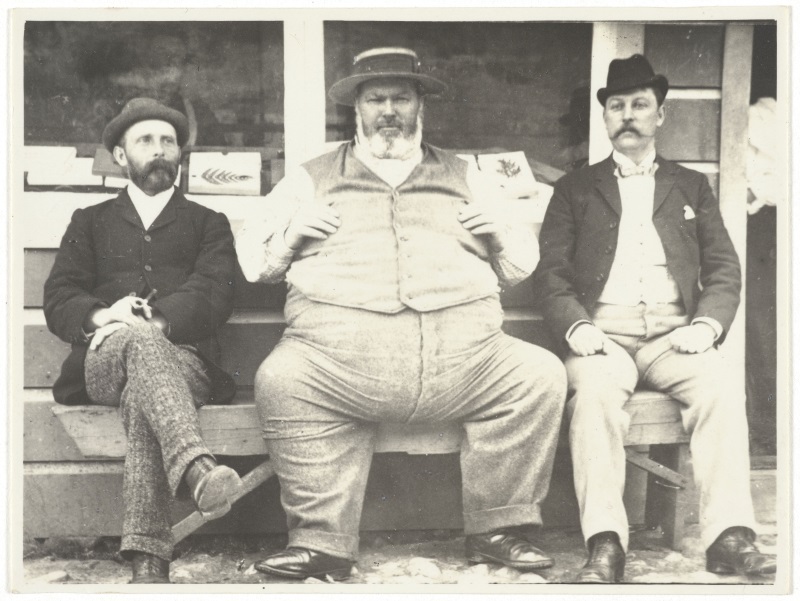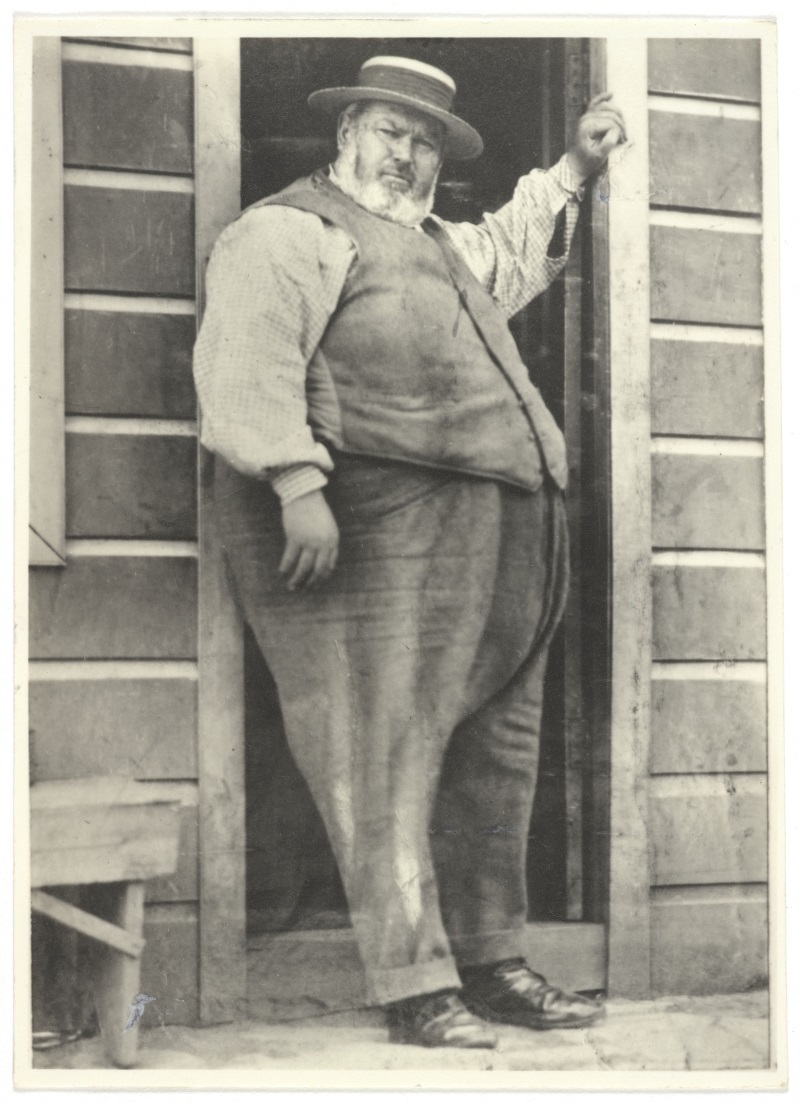
Modern-day readers have seen my name, Mike Houlahan, in the pages of the Otago Daily Times for several years, as a reporter and political editor.
However, back in the 1880s and ‘90s, Michael Houlahan, brewer of South Dunedin — no relation as far as I am aware — was a regular in these hallowed pages. Not always for the good either . . . many of those entries were in the court pages for various alcohol-related misdemeanours, including a whopping £50 fine for not properly accounting for three hogsheads of beer
— of which, more later.
My namesake’s most spectacular appearance in the ODT came in 1892, when he decided to embark upon a new career as a public lecturer, hiring the City Hall to speak upon ‘‘Landlords, land rings, banks and pawn shops’’.
‘‘We should imagine that the lecturer can scarcely fail to interest his audience,’’ the ODT wrote a trifle optimistically.
Mr Houlahan’s debut, on December 9, received substantial coverage the next day in the ODT, somewhat out of proportion to the 80 souls who turned up.
‘‘Mr Houlahan commenced his address with an expression of disappointment at the dimensions of his audience and this was a note on which he frequently touched in the course of his later remarks,’’ the report said.
After rambling remarks which took his listeners from Ireland to Siberia and back, Mr Houlahan got to the point of his performance, the infamous disappearing hogsheads.
‘‘Since then the landlord had had ‘his knife in him’ and kept the bailiffs so persistently running after him that they utterly ruined him,’’ the ODT reported.
‘‘A few of the audience unfeelingly laughed as if Mr Houlahan’s back was broad enough to sustain the burden that was thrown upon it.’’
Mr Houlahan then made several choice remarks about local MPs and the present government (not much changes there) before closing out with ‘‘a few verses of a song which, though not one that is generally found in concert programmes, was conceived by the audience to be of the comic order, for they received it with great laughter as well as with uproarious applause and demands for an encore which, however, were not acceded to.’’

Mr Houlahan was back in May 1893 for more — ‘‘practically a repetition of the lecture given by him in December’’, although it did give rise to ‘‘a considerable amount of merriment’’. This one was ‘‘a lucid and able address’’ apparently, and featured another song although, again, not an encore ‘‘Mr Houlahan apparently being somewhat exhausted with his evening’s work.’’
That appears to have been that for Mr Houlahan’s lecturing career, although not his chequered licensing career — several more court appearances for the illegal sale of liquor followed.
He died on December 20, 1898, aged just 58, soon after having had a leg amputated due to gangrene. Ever the wheeler dealer, he had already sold his substantial body to the University of Otago Medical School for £12.
‘‘Geniality and good-heartedness were conspicuous features of his character,’’ was how the ODT described the colourful character who had enlivened its pages.
But, perhaps unsurprisingly, there was a twist in the tail. A benefit concert was staged by the Enterprise Minstrels to raise funds for Mr Houlahan’s orphaned children, and the executrix of his estate, Agnes Brown, alleged that the benefit committee had not accounted for £9 17s 6d in ticket sales.
The committee responded: ‘‘Mrs Brown should have been thankful for whatever we gave her, as should any grateful person, because Mrs Brown could not have said a word if we did not give her a penny,’’ at which point the ODT hurriedly declared the correspondence closed.
■We are indebted to the kind assistance of Hocken Collections archivist David Murray in the preparation of this article.












